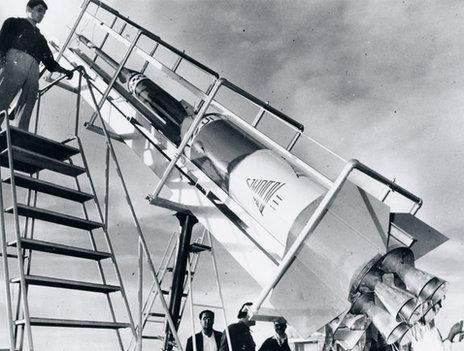
The history of humanity has always been animated by an intangible vital momentum, an everlasting curiosity that challenges the fabrics of our minds and pushes our knowledge far beyond our capacity of understanding. This curiosity is an eternal flame that enlightens the path towards unmasking what lies beyond our homes, our countries, our continents and even our home planet. Exploration is an irresistible temptation, a desire to discover the deepest secrets, hidden beyond the familiar horizon inside an inconceivable obscure abyss. It is an existential rebellion by itself, a votive to answer countless inquiries about our own selves and our world. It is a vocation that appeases our mind from its own ignorance.
Our cosmos is a vast and endless continuum, flowing eternally to unknown boundaries, and washing away countless astral bodies throughout its path just as the Styx River washes the souls of the demised. It is no surprise that, when stargazing at the cloudless night sky, countless thoughts rush through our mere mind as if a sea of ideas crossed the paths of each star which flickering lights vivify the lifeless darkness that engulfs it.
This otherworldly sensation is not strange to anyone. Ancient philosophy documents every astral phenomenon just as our modern science tries to explain it with its plethora of technological advances. Therefore, NASA was established, and a space race was declared in the 1960s between the two most powerful nations during that time. However, this eagerness to gently caress the stars that we so thoroughly long for was also flourishing inside our country and therefore the Lebanese Rocket Society was born. Let us dive deep into this forgotten archive of the 1960s.
Founded and led by Professor Manoug Manougian from the Haigazian University with the support of a considerable number of students, the Lebanese Rocket Society had one vision in mind: exploring space. This project embarked on its endeavor without any actual funding nor financial support: prototype rockets were assembled with primitive materials such as cardboard and pipes and then launched from the rural mountain lands. Despite the hardships faced during their initial stages, each successful launch brought excitement and fueled the participants with ambitious ideas for future designs and technicalities.
Moreover, the Lebanese Rocket Society’s reputation outgrew their expectations, and their success caught the unexpected attention of the Lebanese Army resulting in their help with coordination and materials. Their rockets became more sophisticated and more capable with the Cedar IV, emblem of this program, reaching a height of 145 km above sea level, a height where low orbit satellites usually get stationed. However, their repetitive successes initiated their demise. Interference to transform the project from a scientific endeavor to a militarized initiative and international pressure ended this noble venture with the catastrophic launch of a rocket landing in Cyprus’ water in 1966.
This bold campaign is not an ordinary initiative. It is a testimony of our devotion to making an impact in this world against all present odds and to contribute to the history of humankind. We claim with pride the achievements of our predecessors and desire to add to it. We shall live up to it.